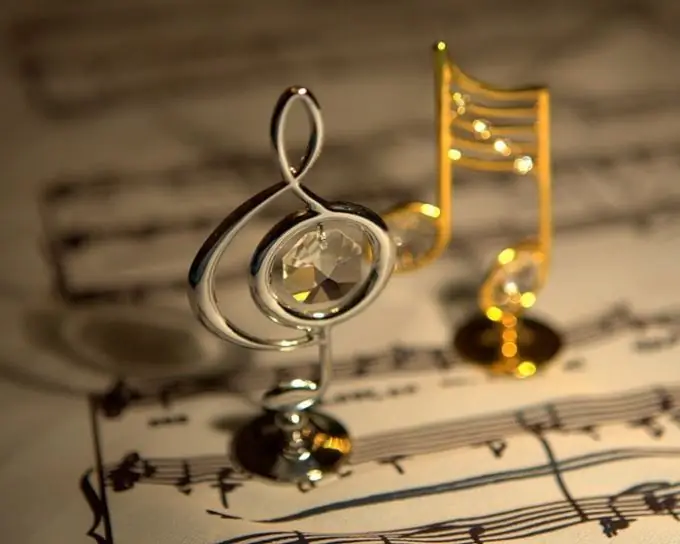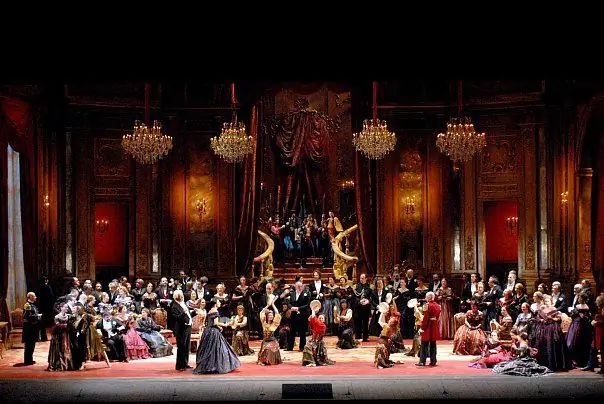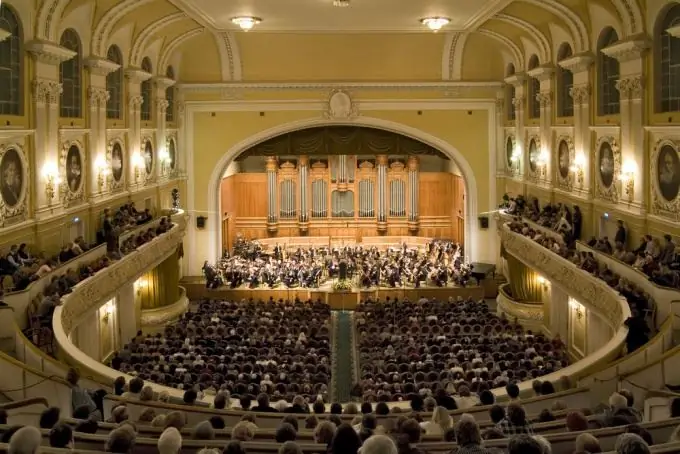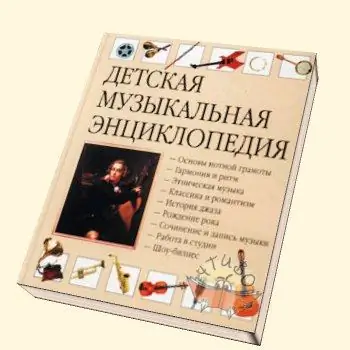Classical music is a magnificent cultural heritage that has been formed over the centuries. The depth of understanding of a symphony or opera depends on many factors. You can and should begin to understand classical music, because it will fill your life with new impressions, help to distract yourself in difficult times, and enrich your cultural experience.

It is necessary
A ticket to the Philharmonic for a classical music concert, CDs with classical music, an encyclopedia of music, scores, videos of operas, performances by various performers
Instructions
Step 1
Classical music in general terms is the music of past eras that has stood the test of time and has an audience today. The masterpieces of past centuries contain deep philosophical reflections, questions and answers that every person asks himself. Music is perhaps the most abstract of the art forms, so you need to learn to understand it. Select the program music to get started. These are instrumental works, the content of which is determined by the title and / or libretto. The composer refers the listener to some phenomenon ("The Seasons" by Antonio Vivaldi) or even a literary source (Edvard Grieg "Peer Gynthe" took Ibsen's drama as a literary basis). It is also recommended to listen to songs (Schubert's song cycles) and operas (start with Mozart's operas), because vocal music is easier to understand and understand.

Step 2
Visit the Philharmonic or the Conservatory more often. Go to jazz music festivals. Even if you do not understand everything about this music, still listen to it. Probably, understanding will come later, with life experience.

Step 3
Refer to the music encyclopedia. Take the children's encyclopedia. In such publications, in accessible language, it is interestingly written about composers, works, musical instruments. If you feel that you "grew" out of this book, look for more serious literature (for example, a textbook for music schools or biographies of great composers).

Step 4
Learn to read scores. This is a very interesting activity. You will be able to listen to music and follow the musical text. If you get to grips with non-programmed music (the structure of the sonata form, for example), you will enjoy 40 Mozart symphonies or Gershwin's Blues Rhapsody.






